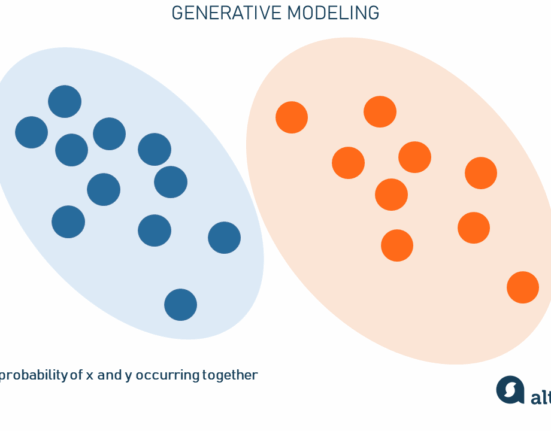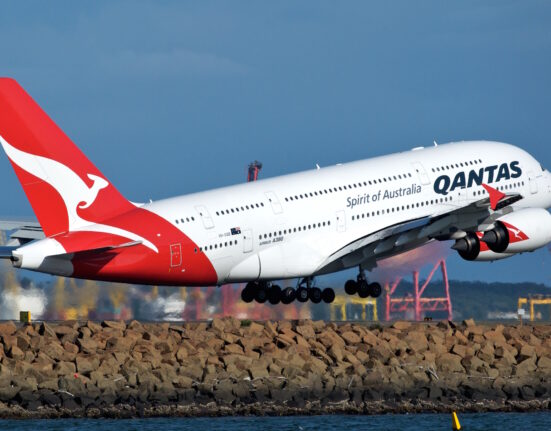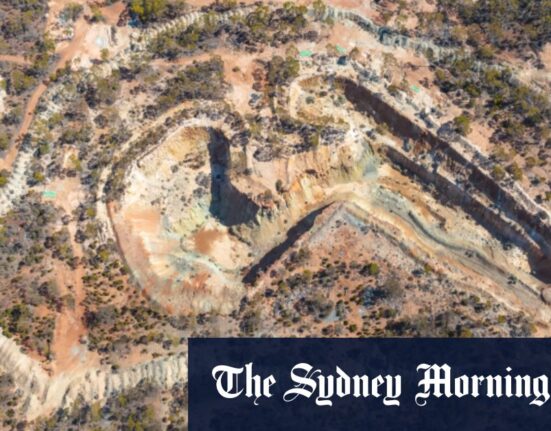In the buzzing world of electric vehicles, Chinese automaker BYD has been making waves Down Under. Recent reports reveal that BYD has surged ahead of its American rival, Tesla, in the Australian market, selling a whopping 8000 vehicles last month alone. This marks a remarkable 350% increase compared to the same period last year and sets a new record for the company.
As Australians embrace the shift towards greener transportation options, BYD’s competitive pricing and focus on innovative design have struck a chord with consumers. The surge in sales underscores not only the increasing popularity of electric cars but also signals a changing tide as traditional automotive giants face stiff competition from newer players like BYD.
Stephen Collins, Chief Operating Officer at BYD Australia, expressed his excitement about the company’s growing presence on Australian roads, saying,
“You can see it when you’re driving around town: there are Sharks everywhere.”
Collins’ statement reflects the widespread adoption of BYD’s offerings and hints at their ambitions to establish themselves among Australia’s top automotive brands.
The success of BYD also sheds light on shifting consumer preferences globally. While Tesla has long been synonymous with electric cars, its sales have been dwindling as more drivers opt for affordable Chinese models. Moreover, Elon Musk’s controversial associations with right-wing politics have tarnished Tesla’s image in some quarters, providing an opening for competitors like BYD to gain ground.
Analysts attribute the increasing traction of plug-in hybrids to factors such as inflation and cost-of-living pressures impacting the adoption of fully battery-electric vehicles. As such, hybrid models that combine petrol engines with electric motors have seen a surge in demand as they offer a middle ground between traditional combustion engine vehicles and pure electric cars.
In response to growing environmental concerns and regulatory changes worldwide, governments are pushing for stricter emission standards and incentivizing cleaner technologies. Australia recently introduced new fuel pollution limits aimed at encouraging manufacturers to import and sell more eco-friendly vehicles. This move aligns Australia with global efforts to reduce carbon emissions and combat climate change.
Looking ahead, BYD aims to cement its position in Australia by expanding its product range and doubling its dealership network in the near future. With innovations like their plug-in hybrid electric ute – the Shark 6 – gaining traction in the market, BYD is poised to disrupt traditional segments dominated by legacy automakers like Toyota and Ford.
The rivalry between BYD and Tesla showcases a dynamic landscape where established players are being challenged by agile newcomers offering compelling alternatives to consumers. As technology continues to evolve and sustainability takes center stage in consumer choices, companies that can adapt quickly and innovate effectively are likely to lead the charge towards a greener automotive future.









Leave feedback about this